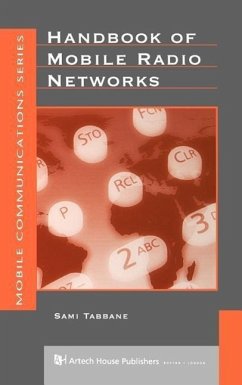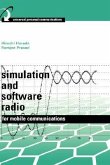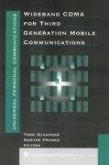Here's a comprehensive system-level treatment of the total realm of mobile radio communications -- complete coverage of both the basic concepts and the systems themselves -- to help you improve performance, increase productivity, and save time. Part One, Basic Concepts, gives you a concise introduction to the main topics and techniques involved in mobile radio systems. You can brush up on classic areas such as propagation and signal processing, and get up to speed on more recent techniques and concepts such as security, planning, and mobility management. In Part Two, The Systems, you take an inside look at all categories of terrestrial mobile radio systems. Again you cover both traditional topics such as cellular and cordless systems, and more recent focuses such as mobile radio communications systems, paging, or radio data network systems. In fact, all recent standards are dealt with: TETRA, DECT, PACS, PHS, GSM, IS-95, PDC, CDPD, IEEE 802.11, and HYPERLAN.
Hinweis: Dieser Artikel kann nur an eine deutsche Lieferadresse ausgeliefert werden.
Hinweis: Dieser Artikel kann nur an eine deutsche Lieferadresse ausgeliefert werden.








